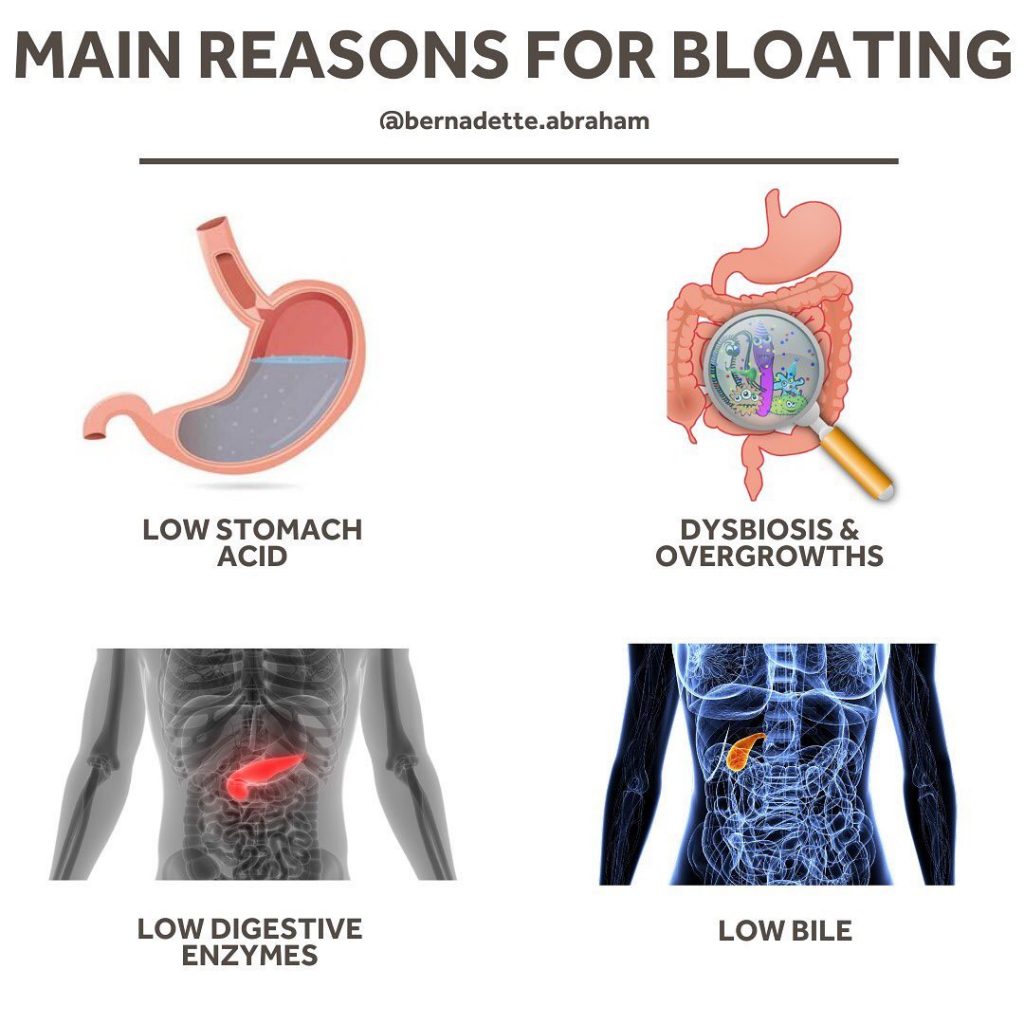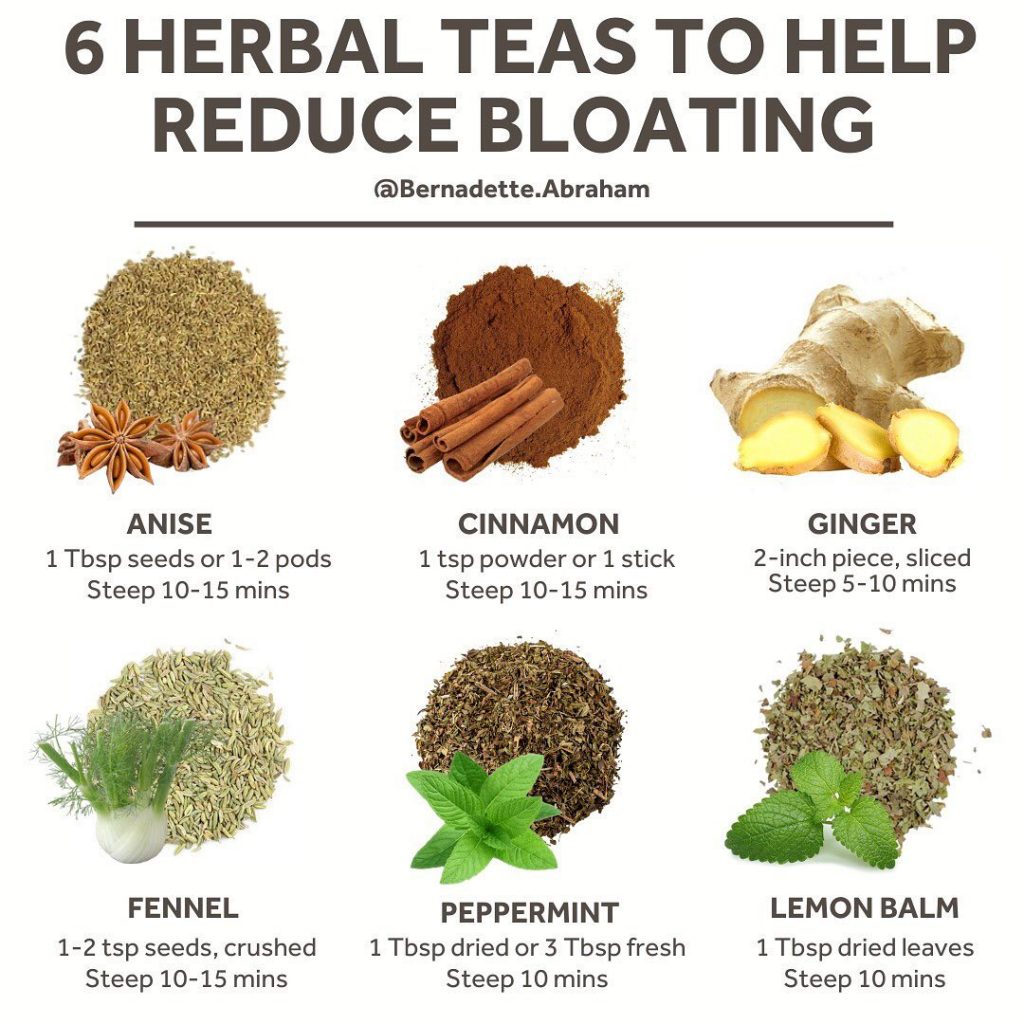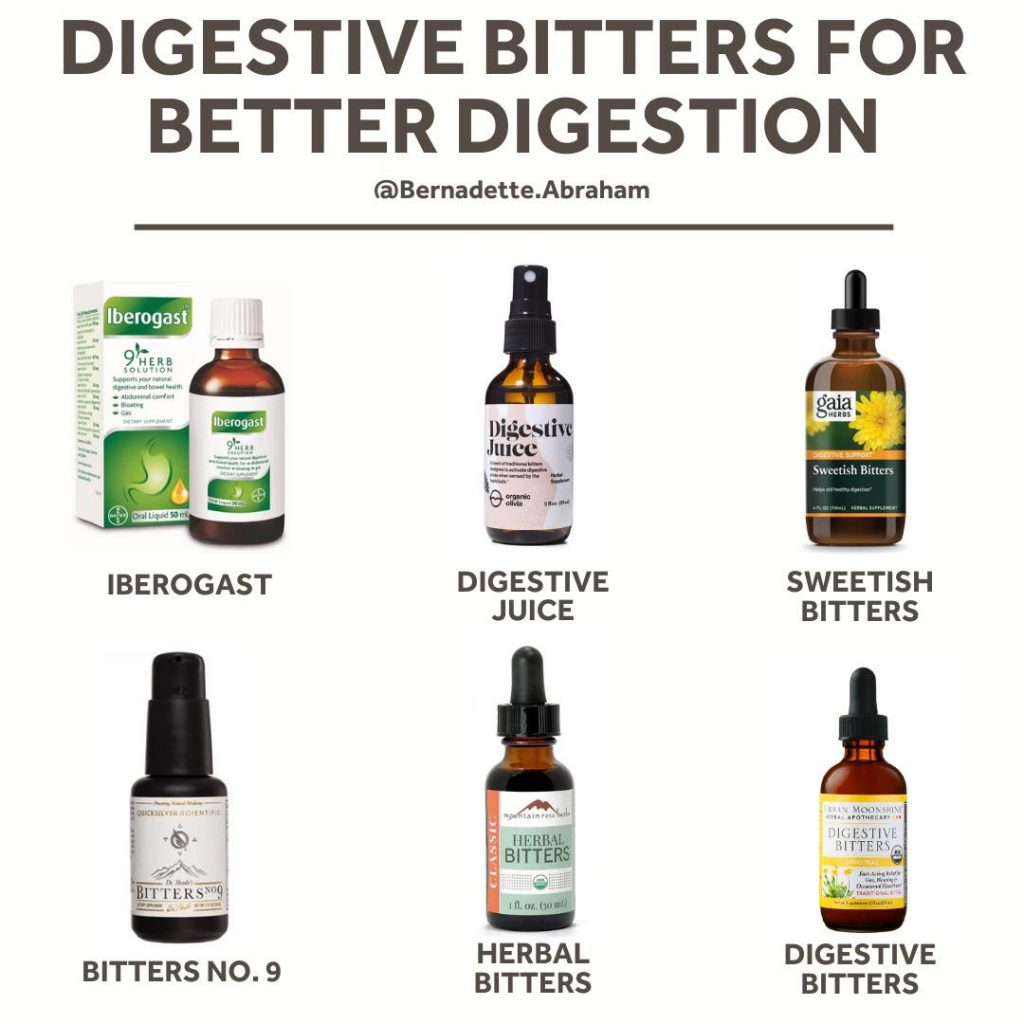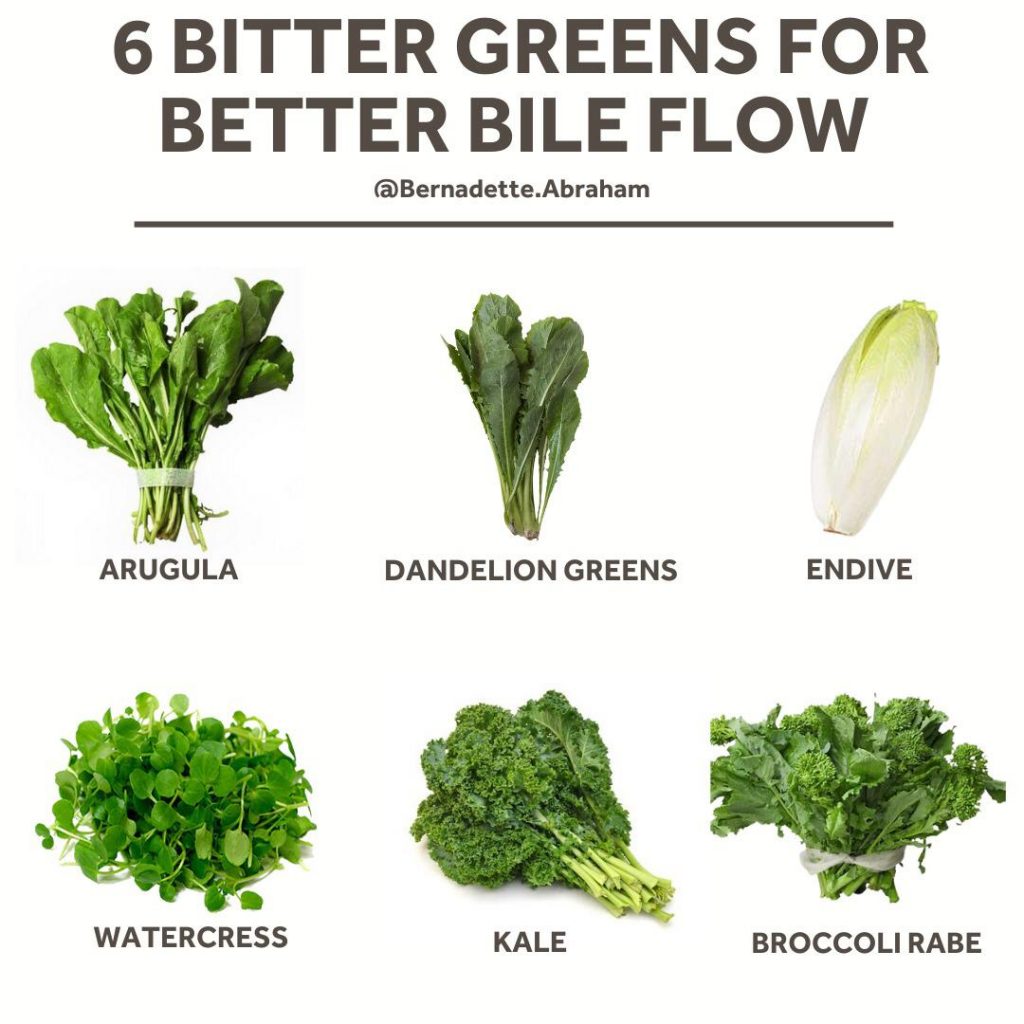Bloating has you looking 4 months pregnant?
This has to be one of the most common digestive complaints and usually boils down to these 4 things:

1️⃣ 𝗛𝘆𝗽𝗼𝗰𝗵𝗹𝗼𝗿𝗵𝘆𝗱𝗿𝗶𝗮; a fancy word that means ‘low stomach acid‘. Not enough stomach acid = inefficient protein breakdown so food sits there and putrefies.
Causes of low stomach acid?
👉🏻Stress, too much alcohol or caffeine, a high refined carb diet, zinc deficiency, sluggish thyroid, H. Pylori infection
2️⃣ 𝗟𝗼𝘄 𝗱𝗶𝗴𝗲𝘀𝘁𝗶𝘃𝗲 𝗲𝗻𝘇𝘆𝗺𝗲𝘀:
Digestive enzymes are like scissors that cut up food into smaller bits to be better absorbed through the small intestine. With low enzymes, the unbroken food fodder from our diet can feed our microbial friends which can lead to bloating!
What decreases digestive enzymes?
👉🏻All of the above from #1, brush border damage (common in celiac disease) and insulin resistance. Why? Because the pancreas prioritizes blood sugar regulation for our survival so digestive enzyme secretion usually takes a back seat.
3️⃣ 𝗟𝗼𝘄 𝗯𝗶𝗹𝗲:
Bile made in the liver and stored in the gallbladder is essential for digestion of fats. Bile is also antimicrobial and therefore helps prevent dysbiosis (an imbalance in the gut bacteria and other species) which can lead to bloating.
What causes lowly bile?
👉🏻gallbladder removal, high cholesterol, dehydration, low taurine/B6, toxicity & liver dysfunction
4️⃣ 𝗗𝘆𝘀𝗯𝗶𝗼𝘀𝗶𝘀 & 𝗼𝘃𝗲𝗿𝗴𝗿𝗼𝘄𝘁𝗵𝘀:
There are trillions of friendly and unfriendly bacteria, fungus/yeast, parasites that live in the digestive tract. When there’s an imbalance between the good and the bad, abdominal bloating and gas usually follow.
Of course there are many more reasons why someone can feel bloated like hormonal imbalance – especially for ladies around period time, constipation, food sensitivities… but from experience the above tend to be the most common causes.
You’ll need to figure out which one of these is at play in your specific case and address them.
If you’re feeling stuck, I recommend working with a naturopath or functional medicine practitioner.
In the meantime, rapid relief measures using carminative teas can help ease the discomfort while you work on root cause resolution.

Carminative teas can help reduce and prevent the formation of gas in the digestive tract and relieve bloating. Most carminative herbs are also antispasmodic and can also help relieve digestive cramps.
📍There’s no hard rule or recipe for making tea but approximate measurements and steeping times for 1 cup of water are provided in the image above as a reference point. Steeping times can also be increased for a stronger brew.
👉🏻Simply boil water, add your choice of herbs, allow it to steep on low, strain and enjoy its effects.
Finally, let me share my favorite brands of digestive bitters to help stimulate digestive secretions and support overall digestion, thereby reducing gas, bloating and indigestion.
You can access some of them through my dispensary here, or purchase them on iHerb.

The idea is simple. Bitters taken 10 to 15 minutes before a meal helps stimulate the taste receptors on the tongue which signals the brain to release digestive enzymes, bile and stomach acid in preparation for digestion.
I always encourage food first (see below image for a sample of bitter greens), but if your symptoms don’t improve, digestive bitter tinctures may offer additional support (see image for my list of favorites). There are more great brands too.

📍A few notes:
👉🏻 Some tinctures are in a base of alcohol, while others are glycerin-based – so do keep that in mind.
If the alcohol is a concern for you, some companies suggest leaving the bottle open for 48 hours to allow the alcohol to evaporate.
👉🏻 The only digestive bitter tincture I have found to be safe during pregnancy is the Chamomile Digestive Bitters by Urban Moonshine .
👉🏻Caution is warranted for anyone with gastrointestinal irritation or duodenal ulcers. ⚠️ As always, please consult with your functional healthcare practitioner.
Is bloating an issue for you or someone you know? Please share this article with them.

Leave a Reply